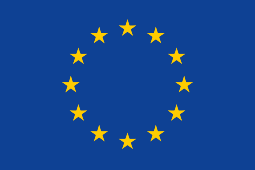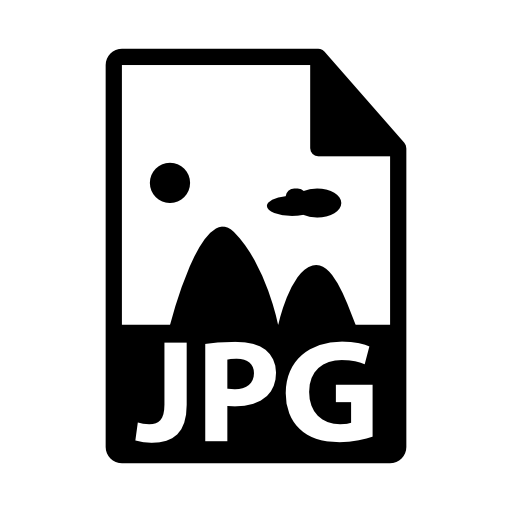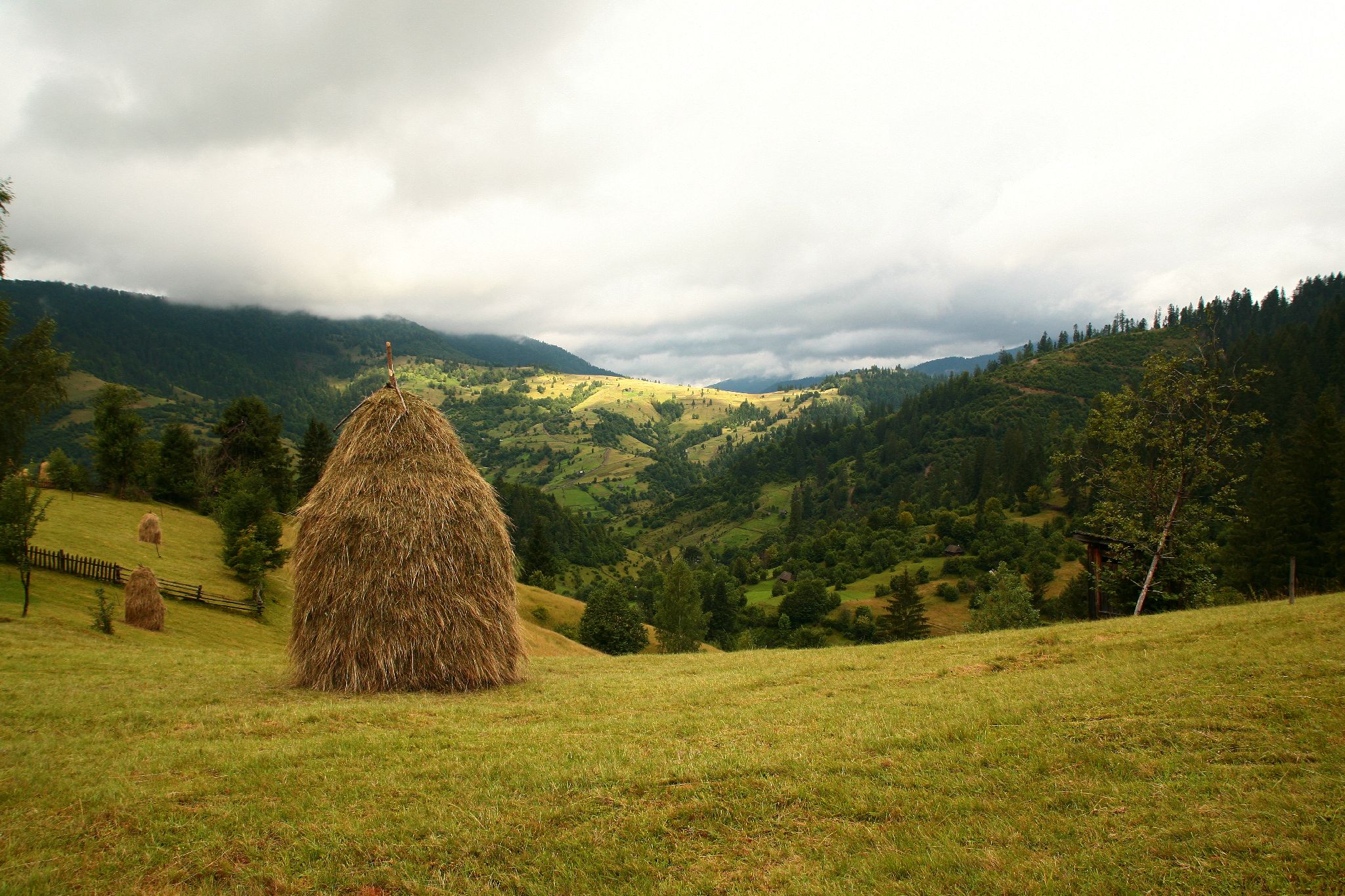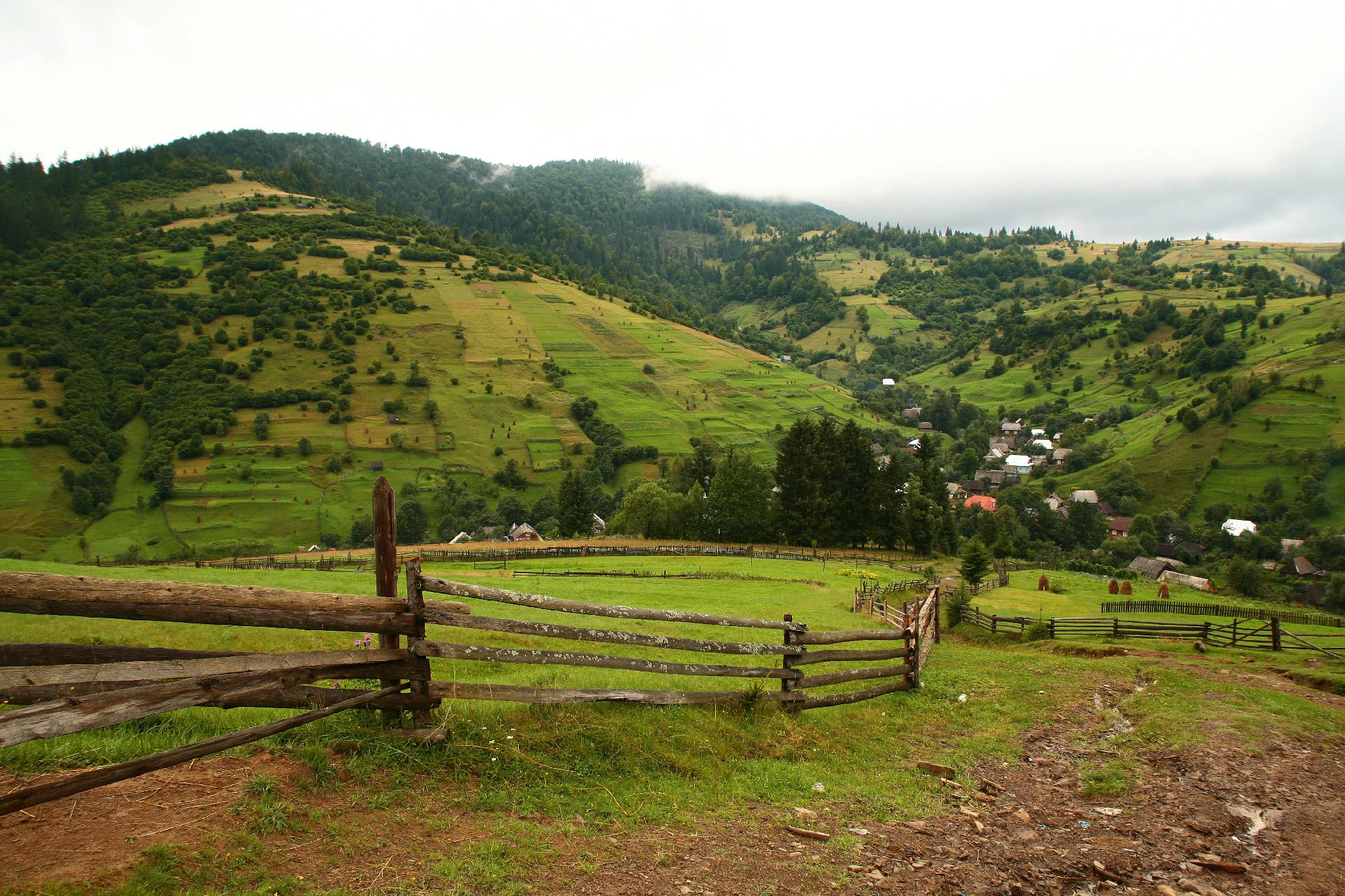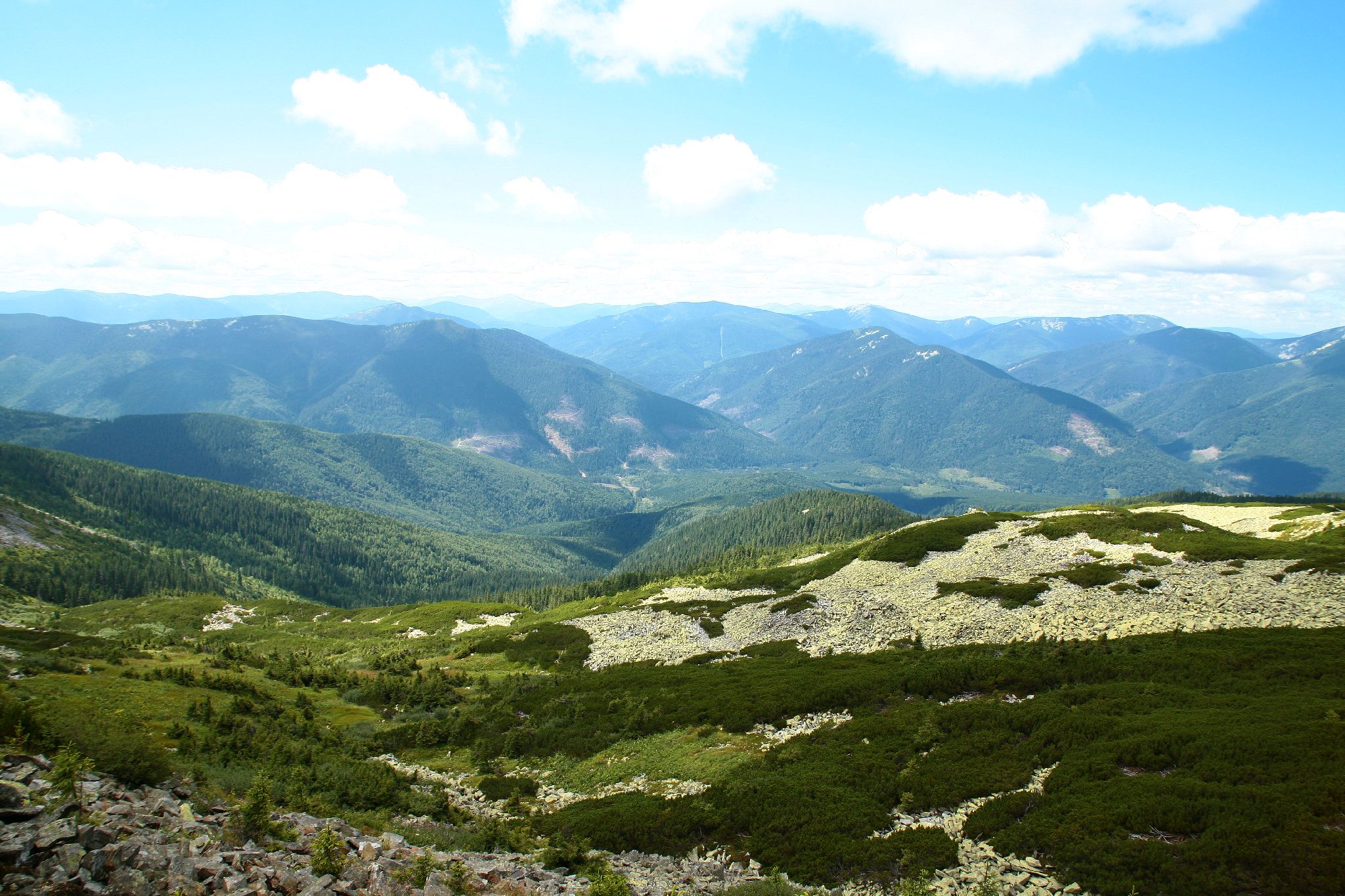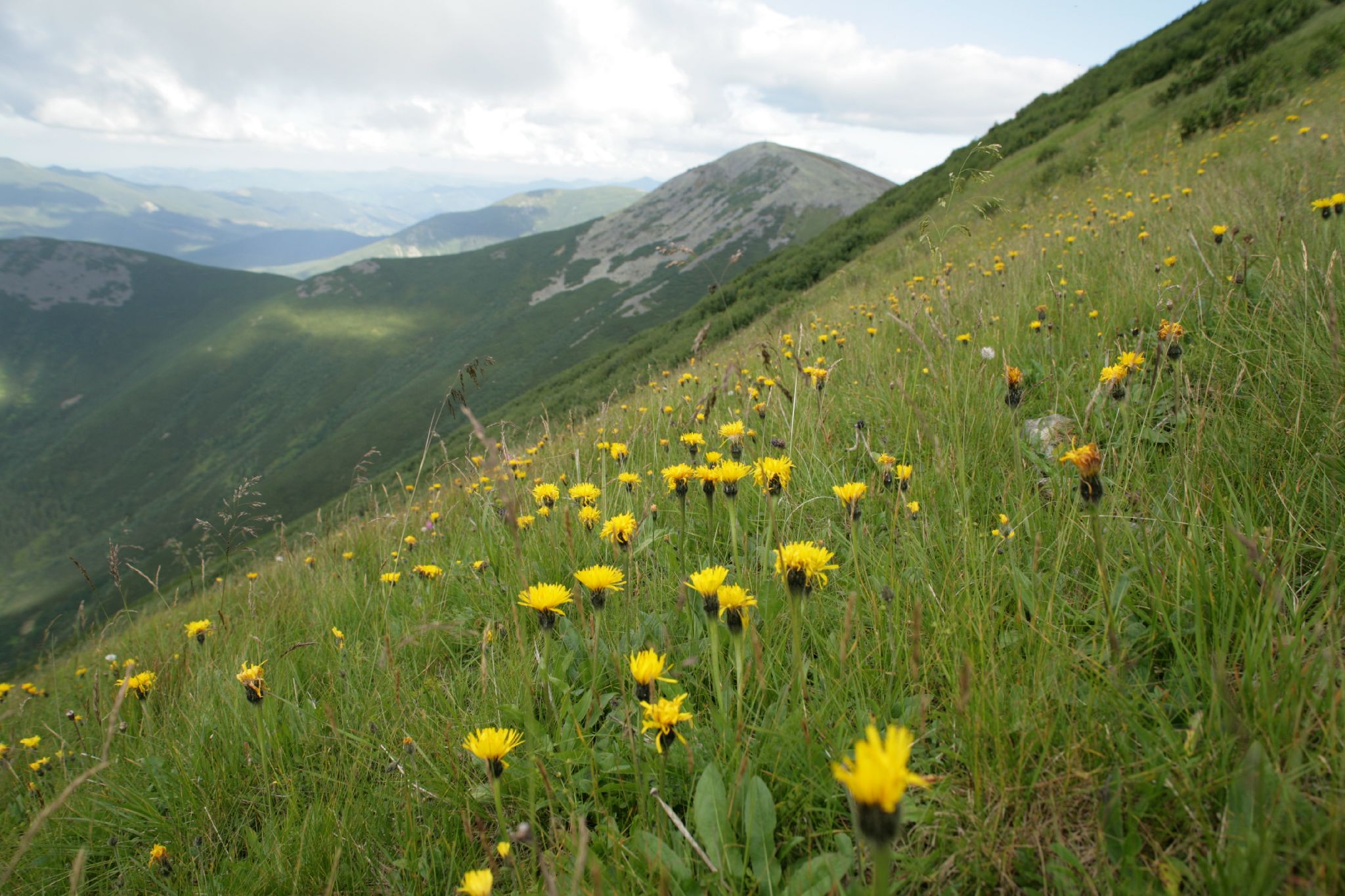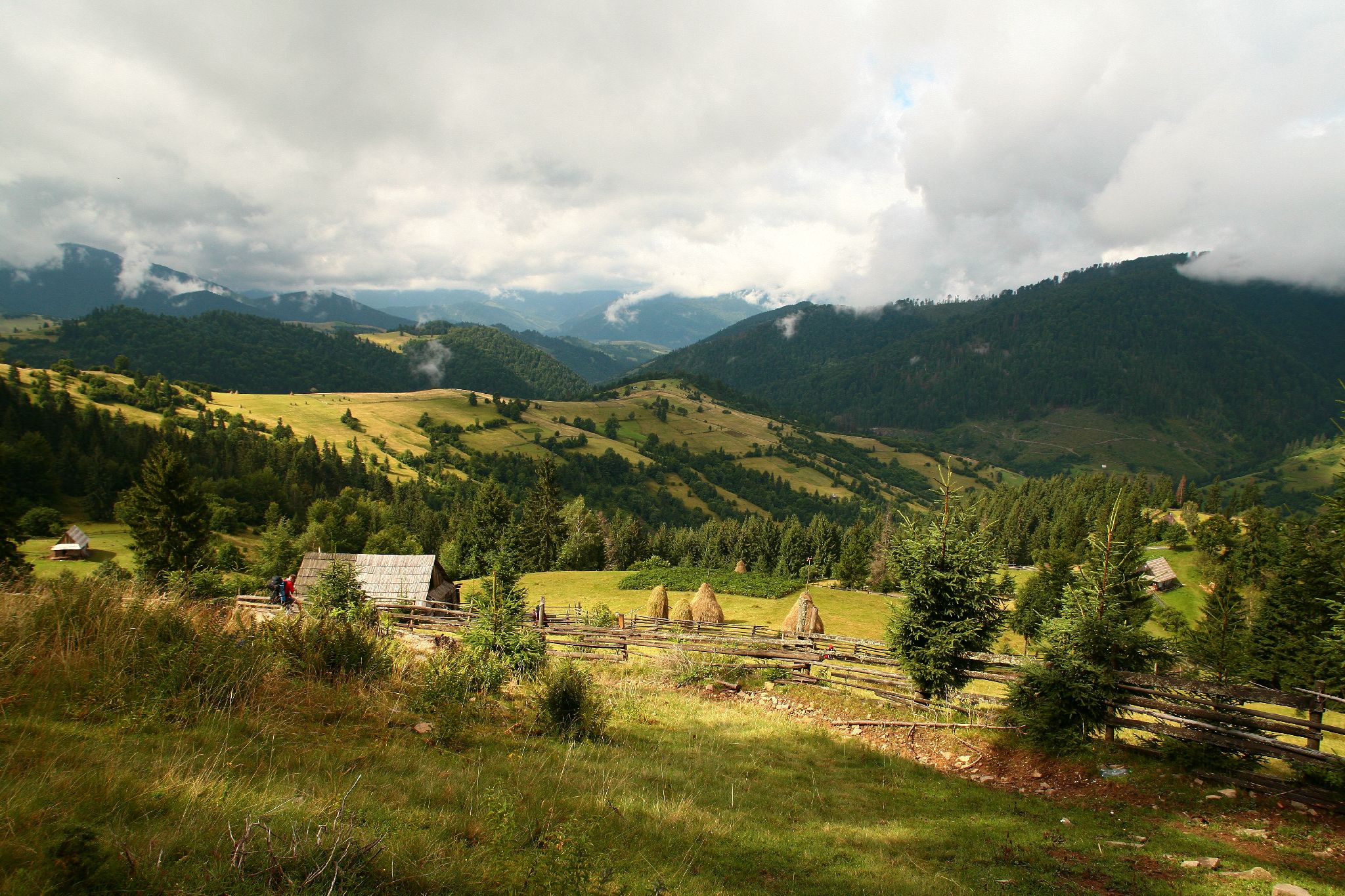Establishing a transboundary water quality monitoring network in the Upper-Tisza River Basin with further developing and upgrading the joint Hungarian-Ukrainian hydrographic telemetering system
- AcronymTiszaMonitorNet
- CallHUSKROUA/1901
- Priority6.1: Sustainable use of the environment in the cross border area - preservation of natural resources, actions to reduce GHG emission and pollution of rivers
- Project numberHUSKROUA/1901/6.1/0016
- EU Funding1,153,008.00 €
- Project start date1 May 2021
- Project end date30 April 2023
- Project statusIn progress
Water quality (WQ) protection of transboundary rivers is a joint task of the countries concerned. As online WQ data are currently not available in the Upper-Tisza River Basin (UTRB) and information provided on river pollution by the upstream countries is inadequate/ issued with significant delay, setting up a transboundary water quality monitoring (WQM) network is a key challenge in the region.
Therefore the project aims at fostering WQ protection of rivers in the UTRB by establishing an integrated transboundary WQM network through further developing the existing Hungarian-Ukrainian joint hydrographic telemetering system (JHTS).
The key project outputs will bea WQM network consisting of 5 new automated WQM stations and a WQM camera system (11 stations equipped with high-resolution visual/dual thermal cameras measuring the quantity of floating municipal waste as an innovative solution), also complemented with new and reconstructed hydro meteorological stations, and a WQ early warning system (EWS) incl. infocomm. developments, a WQ transport model, and 2 early warning centres, all integrated in the existing flood forecasting and alert system fuelled by the JHTS.
As a result, the WQ of rivers will be continuously measured with an innovative online data transfer in every 5 minutes, thus in case of adverse changes of WQ parameters, actors in charge of river pollution emergency response (water and disaster management organisations, public authorities – the project’s target group) can be promptly alerted on both sides of the border.
Final beneficiaries are the population living below flood level on the operational area of the partner organisations, being most badly affected by river pollutions as well.
Since the planned activities need to be carried out on a shared catchment area, the working methodology relies on joint planning and division of tasks overarching the project implementation. Operation of the planned WQM network will be jointly ensured by the project partners.
- Environment
